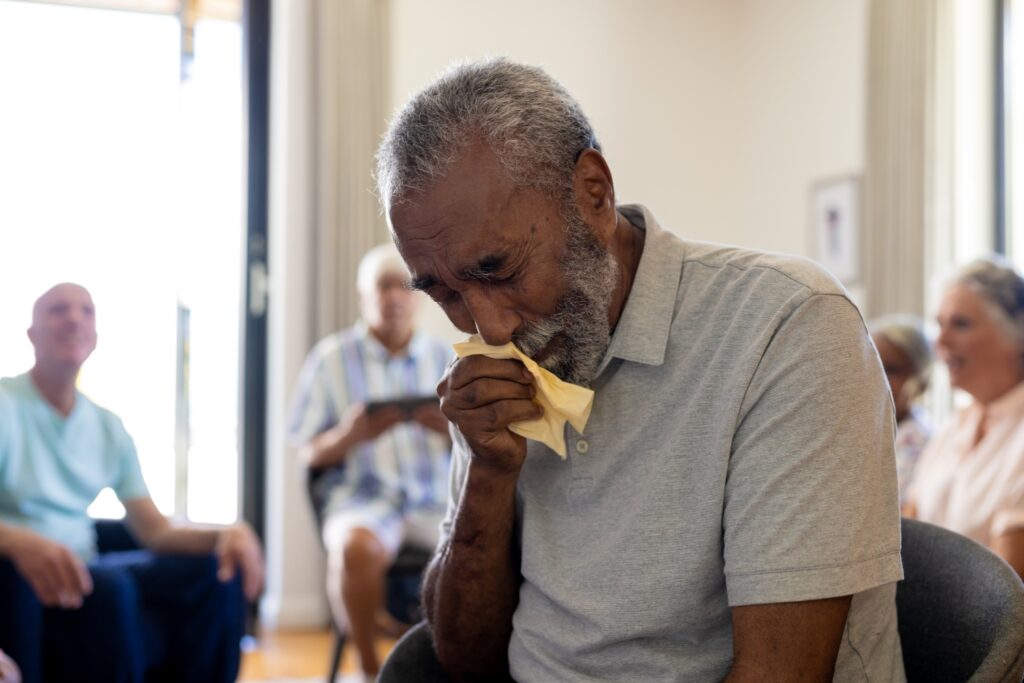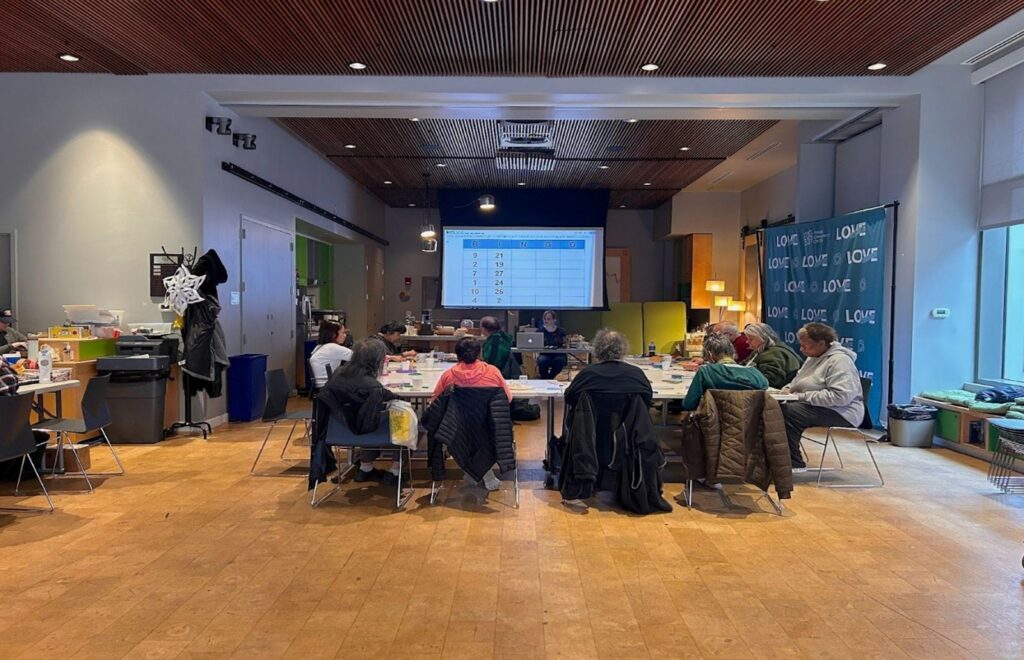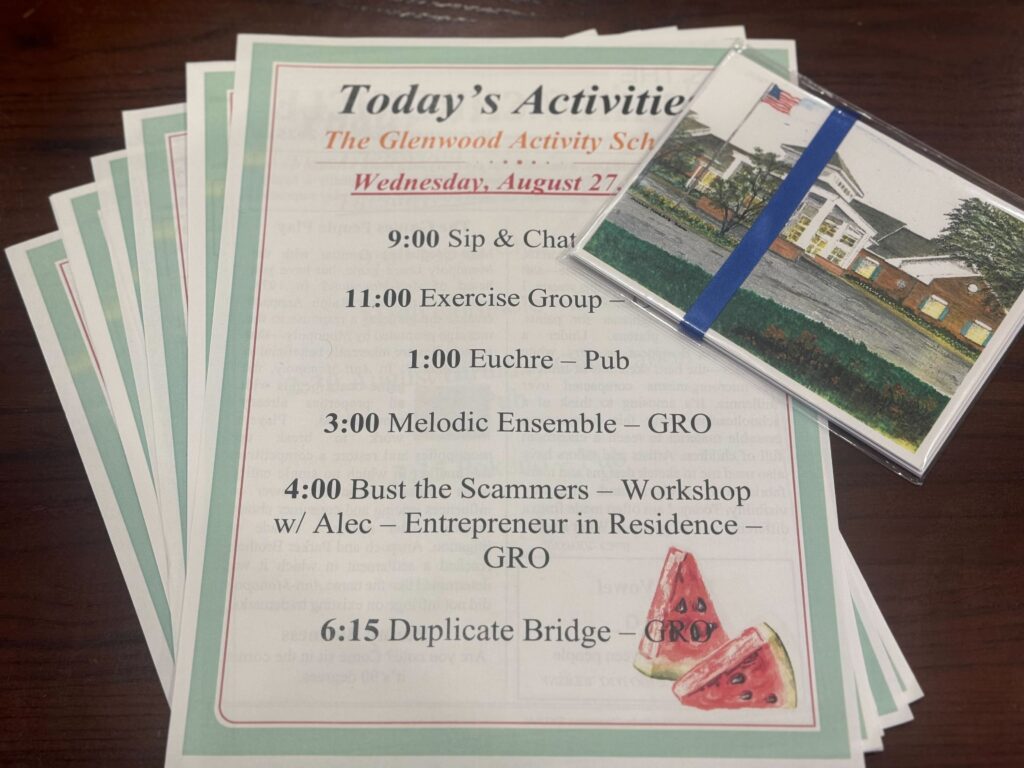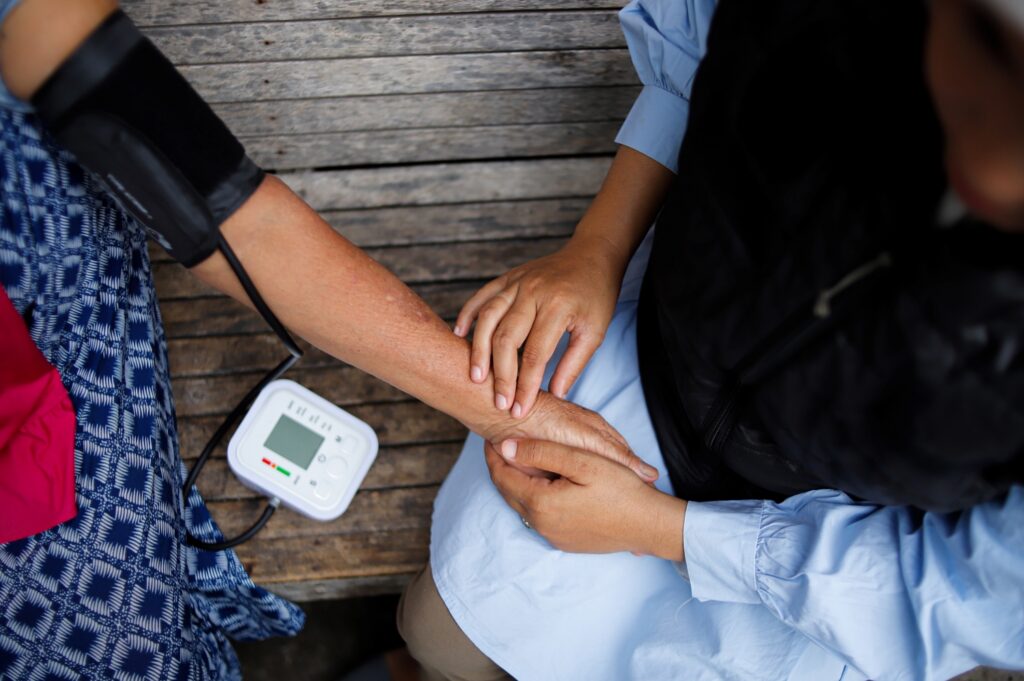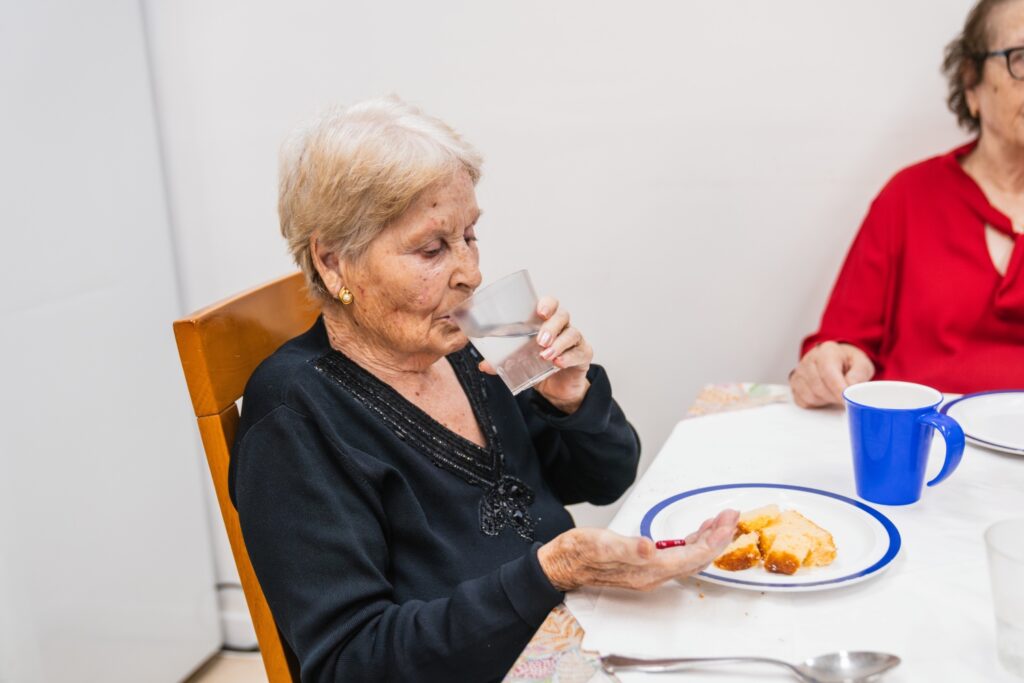Families and communities have always gathered to tell stories as a way to teach younger generations their history and mythology, share common and phenomenal experiences, and explain the world around them. In today’s world, where people often communicate via text or “memes,” the power of storytelling remains. As a clinician, inviting storytelling into my clinic is a way to help my patients and their loved ones communicate the experience of their disease, which has the added benefit of demystifying and destigmatizing aspects of disease that may feel shameful, embarrassing or even scary.
In Parkinson’s disease, at diagnosis, most people living with the disease and their loved ones are attuned to and expect the onset of physical symptoms, such as impaired gait, balance issues, rigidity of movement. Certainly, in the media, people with Parkinson’s disease often are depicted with those physical symptoms. However, what makes a disease like Parkinson’s so vexing is that it includes so many non-motor symptoms that aren’t as readily associated with the disease.
Invisible Symptoms Sometimes Hidden
There are mundane issues such as constipation, REM sleep disorder, pain and loss of smell, but also symptoms that can alarm people, such as cognition issues or sensory changes, including hallucinations and delusions, the latter of which can cause people fear and possibly isolation as they try to hide the experience from their loved ones. Nearly, one in two people will develop hallucinations and delusions associated with Parkinson’s disease (called Parkinson’s disease psychosis, PDP) over the course of their disease. (And memory issues may further impede the reporting of such new symptoms.)
In turn, care partners may notice that their loved ones are seeing things that aren’t there (hallucinations) or believing things that aren’t true (delusions) but hesitate to bring such incidences up to their loved one or their provider, possibly because they look to avoid embarrassing their loved one or causing an escalation of symptoms.
That’s why as a clinician I use motivational interviewing in every appointment, making a point to ask my patients and their families to share examples and stories of how their Parkinson’s disease is impacting them day to day and over time. In a condition like PDP, where symptoms can be challenging, allowing individuals to speak about their inner most angst, concerns or lack of understanding, storytelling may be a conduit to helping themselves and others.
‘Storytelling may be a conduit to helping themselves and others.’
As a physician who works with families across cultures in English and Spanish, I can attest that certain communities have more fears and lack information about the progression of certain neurodegenerative conditions. The fear and stigma that result in these symptoms can be highly disabling and make people with Parkinson’s feel shunned from the people around them.
Narratives Foster Understanding
Creating conduits to facilitate understanding of Parkinson’s disease is welcomed. Acadia Pharmaceuticals has collaborated with StoryCorps, a nonprofit organization whose mission is to “preserve and share humanity’s stories in order to build connections between people and create a more just and compassionate world,” to create the yours, truly educational campaign, which is available on yourstrulypdp.com.
With the goal to improve understanding of the non-motor symptoms of Parkinson’s disease, reduce stigma, and encourage sharing of stories with healthcare providers, yourstrulypdp.com contains a repository of information in English and Spanish from leading Parkinson’s disease advocacy groups for people with Parkinson’s and their families. Most impactful are the audio recordings of Parkinson’s stories told by regular people who have been assailed by the symptoms of this illness. Everyone is invited to listen to these stories as well as to contribute their own stories to build a bigger library of commonly shared experiences—a legacy, if you will—that the Parkinson’s community can turn to for support and encouragement.
I’m supporting this campaign as a clinician who has experience across cultures and languages. I feel this is important as a bridge to these communities, to motivate others to share their stories and seek out aid when assistance is warranted. Providers would see benefit from having their patients engage with the website as it might create a groundswell for interventions. Many non-motor symptoms of Parkinson’s disease can be managed, but only if the health provider is apprised of their onset.
To learn more about Yours, Truly visit YoursTrulyPDP.com.
Gus Alva, MD, is assistant professor at University of California, Riverside Medical School, Department of Neuroscience.


